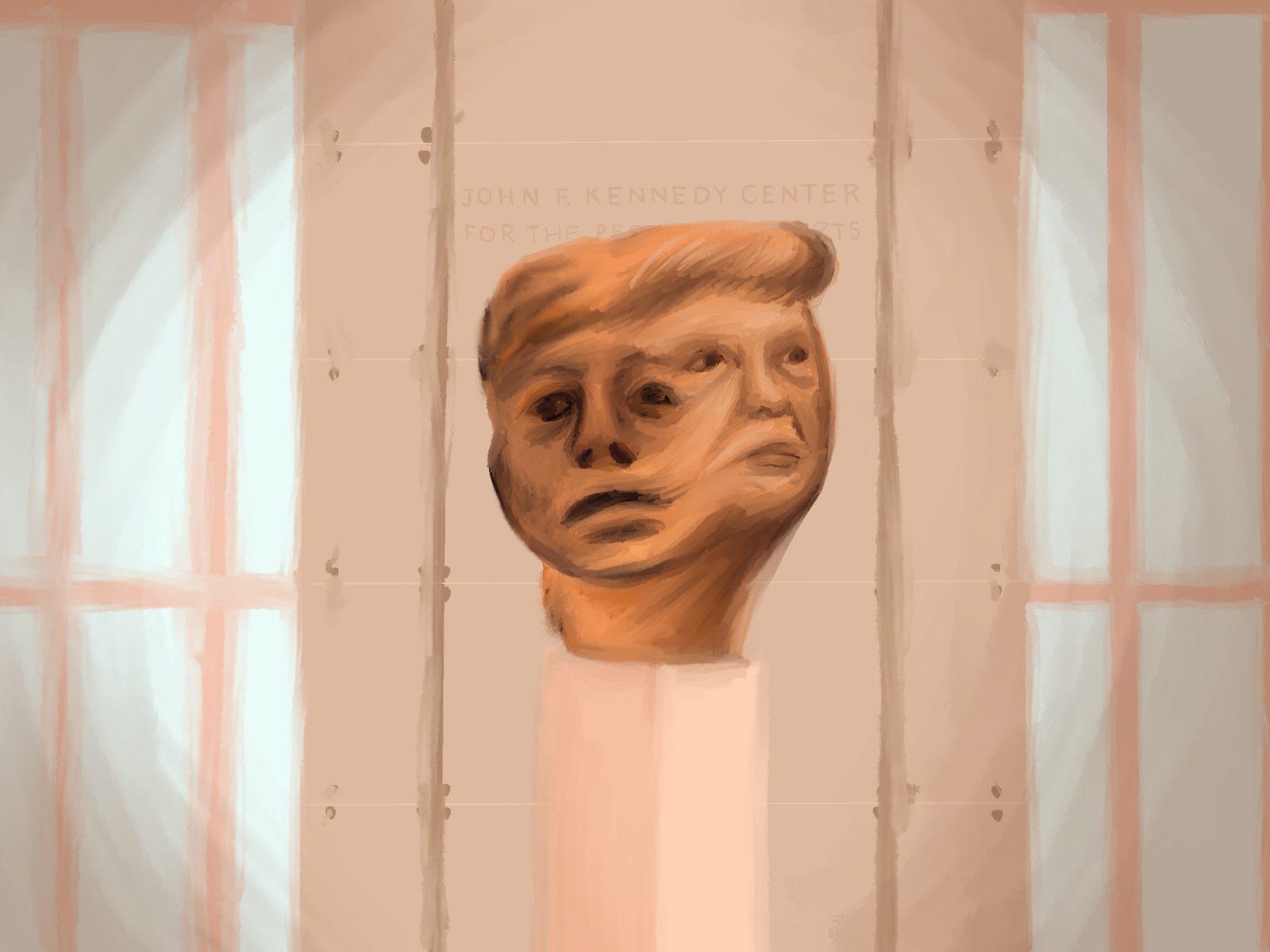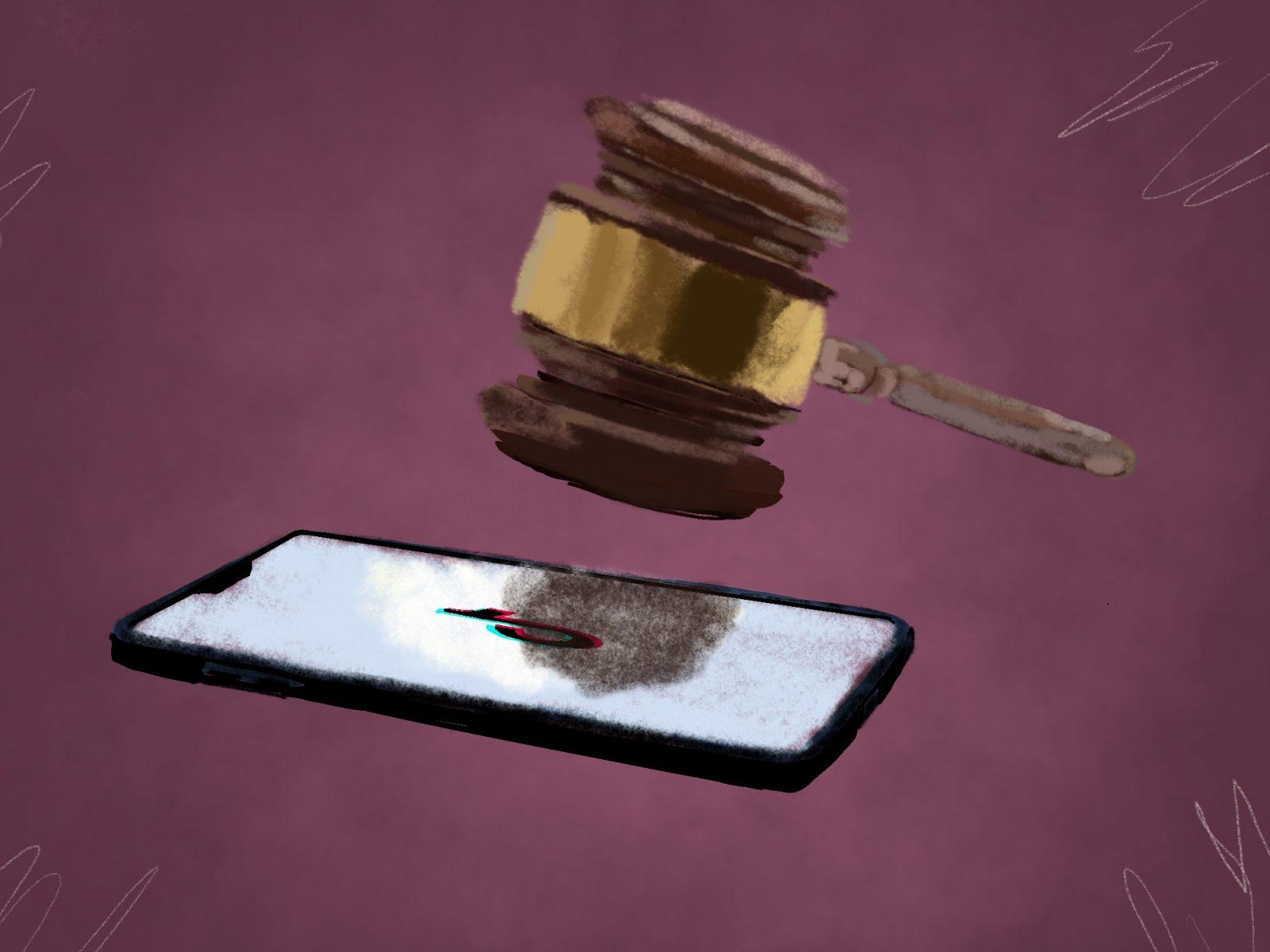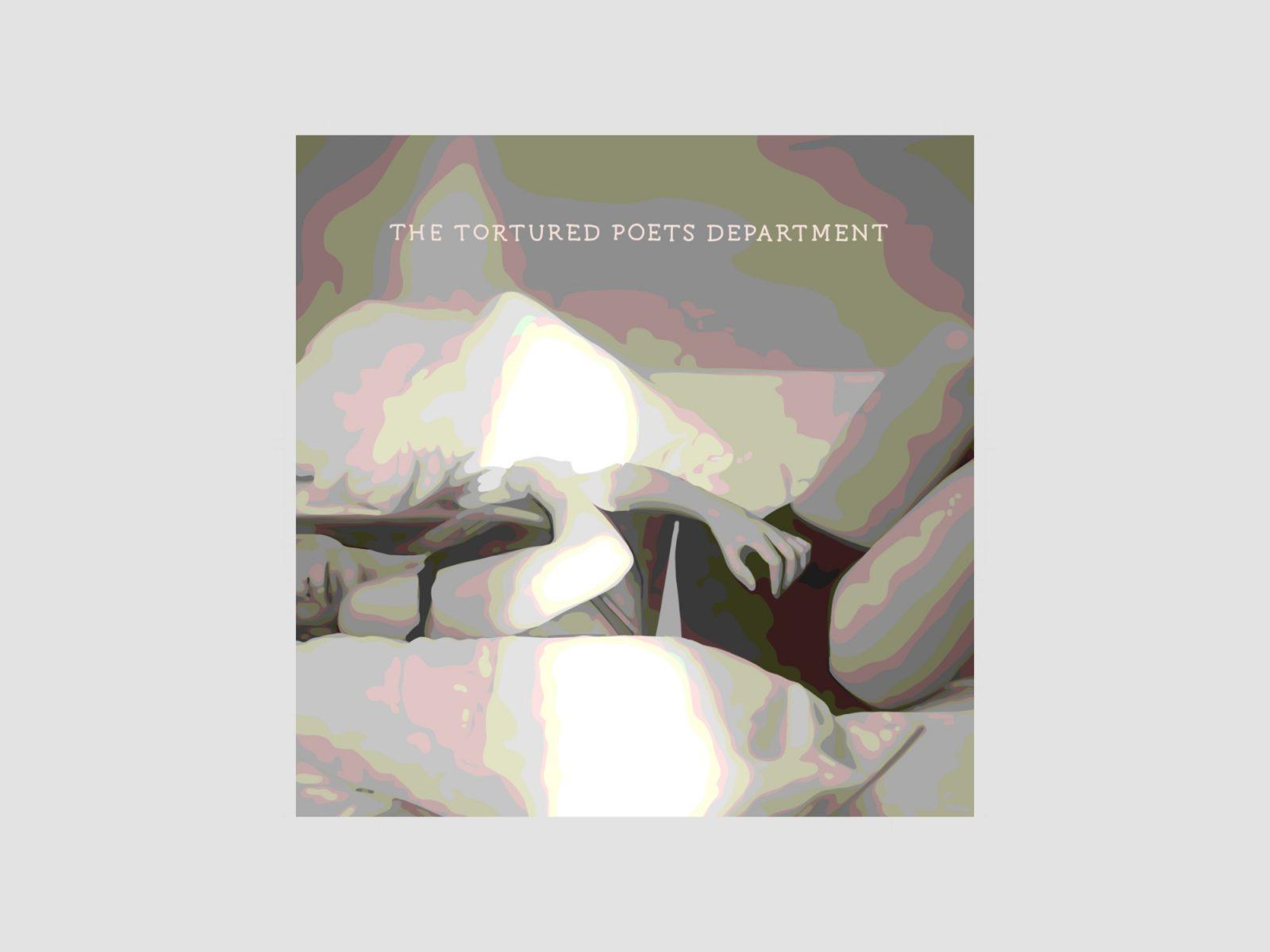I felt three things when I first committed to run for Boston University’s cross country and track teams — joy, relief, and pure dread.
Joy, because I’d accomplished a goal I’d been working towards for a long time. Relief, because I firmly believe the recruiting process is a legalized form of psychological torture brewed by the NCAA, and I was glad to leave it in the dust. And finally, dread — because I knew that, soon enough, everyone was going to find out I was a fraud.
Despite the fact that running is a sport where talent cannot be considered subjective — after all, times are our main form of capital — I still felt like I’d connived my way into a position that I didn’t deserve, fudging my credibility and my aptitude to present myself as an athlete I was not.
Somehow, it felt more logical to attribute my success to divine intervention rather than hard work. Even now, a semester and six races into my time here at BU, I still find myself enduring the tingling sensation of fear each time I put on my uniform, sure that an unidentified force is going to round the corner, rip off my invisible mask, and reveal my success to be the work of a fake.
I’m wise enough now to know that my feelings are not revolutionary, but rather a product of the “imposter phenomenon” — a syndrome defined by the Harvard Business Review as “a collection of feelings of inadequacy that persist despite evident success.” Despite the fact that this syndrome thrives off of coercing you into believing your fears are entirely individual, nearly 82% of people struggle with feelings of fraudulence — even award-winning actresses.

In a recent interview, Florence Pugh, star of critically-acclaimed films like “Little Women” and “The Wonder,” detailed her experience dealing with the burden of the imposter phenomenon.
“I was in the room with all these greats,” Pugh said. “It’s very easy for you to suddenly feel like you’re not supposed to be there or that you don’t have the right skill set to attack something like they’re attacking.”
The influence of imposter syndrome on notable people doesn’t stop in Hollywood. In a quest to find comfort in the depths of my struggle with fraudulence I stumbled upon a quote from Maya Angelou, one of America’s most respected poets, memoirists and civil rights activists: “I have written 11 books, but each time I think, ‘Uh oh, they’re going to find out now. I’ve run a game on everybody, and they’re going to find me out.’”
There is an odd sense of comfort in knowing that even world-renowned writers and Academy-award nominees cannot stop themselves from questioning their credibility.
The more I mature, the more I understand that this tendency to question my accomplishments is simply an affliction of having a high standard for success — much like the vast majority of other students who attend rigorous institutions like BU. We often choose to rely on the moments where we’ve fallen short to dictate our self-perception, while still finding it within ourselves to cast doubt on the times where we have succeeded.
But I’d like to believe there is a way out of this seemingly endless cycle of insecurity and instability. We can destroy these feelings of uncertainty by recognizing the paradox within their existence. They can only make you feel like a fraud because they themselves are imposters of truth. It’s in acknowledging this contradiction that reality is revealed — your triumphs only exist because you were talented enough to accomplish them.
Heading toward the end of another semester at BU — or your first, like me — I encourage you to cast out any inklings of doubt that are projecting uncertainty upon your accomplishments from these past few months. Feelings of insecurity, as overwhelming as they seem, are just that: feelings, not facts.
As isolated as the imposter phenomenon might make you feel, keep in mind that even individuals who are revered as masters of their crafts are not immune to the pitfalls of feeling like a fake. If anything, your trials and tribulations in dealing with fraudulence put you in fabulous company. It is simply the tendency of those who strive for perfection to feel they do not deserve the reward of their efforts.






























































































































Owen Nugent • Dec 9, 2022 at 3:51 pm
She’s the best!!!